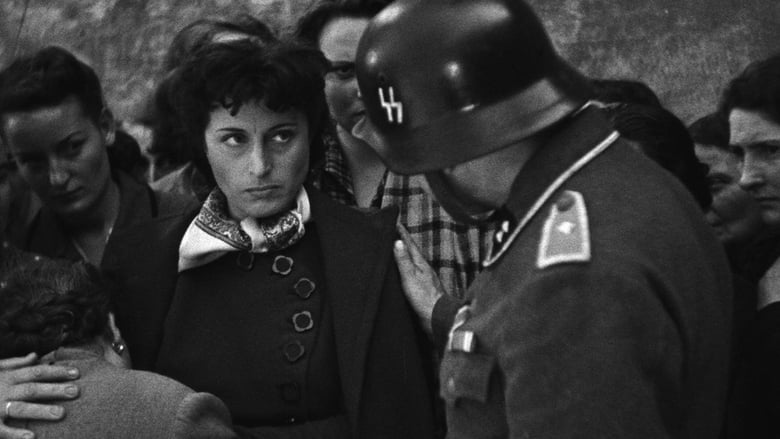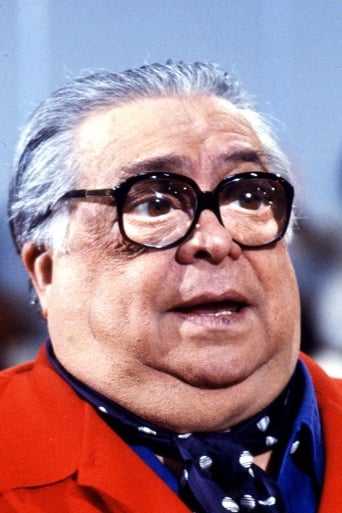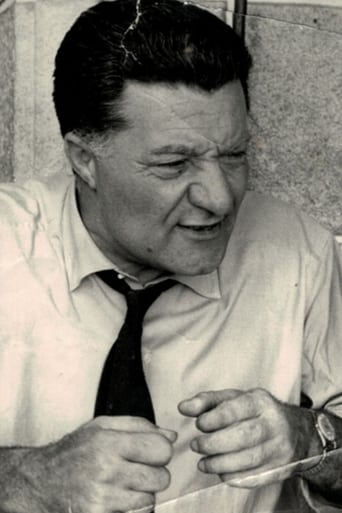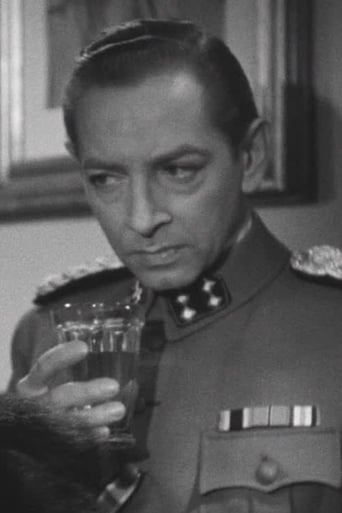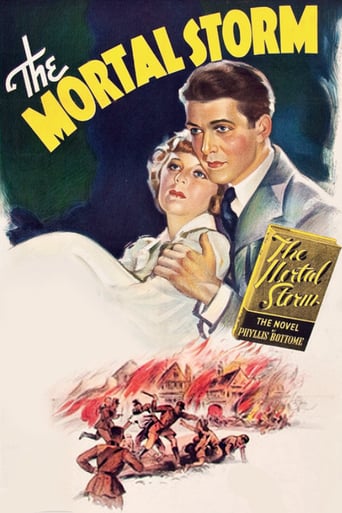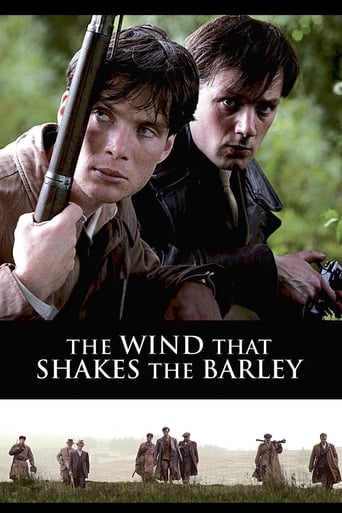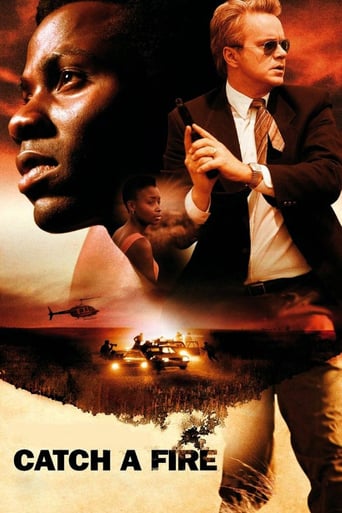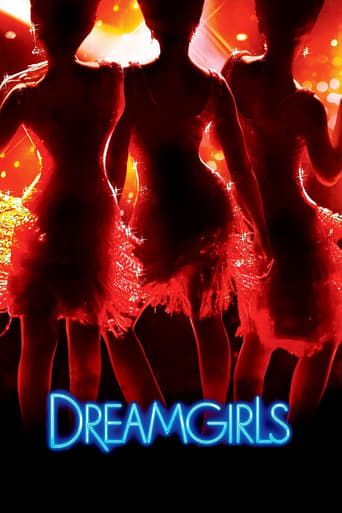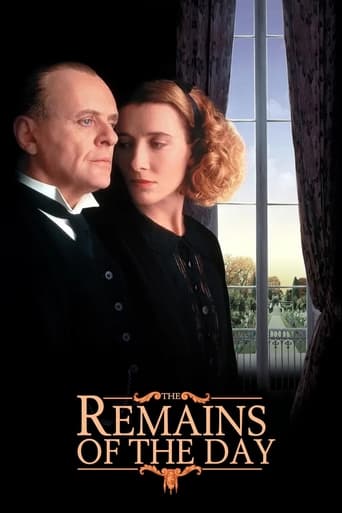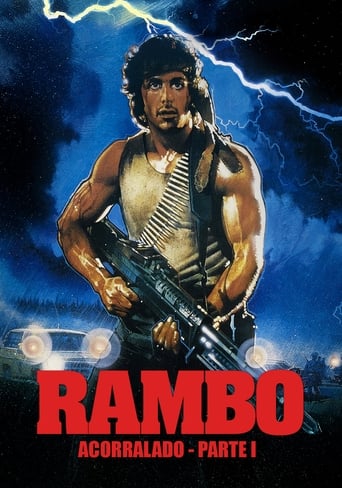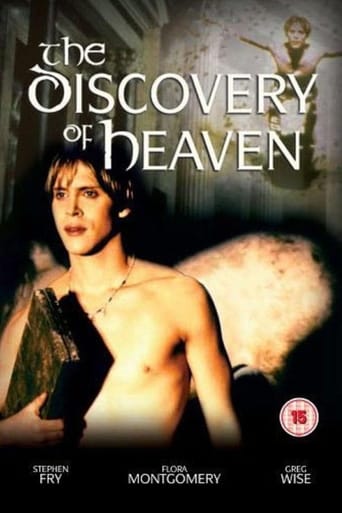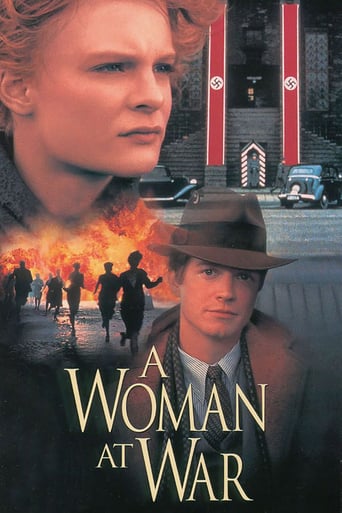Rome, Open City (1945)
During the Nazi occupation of Rome in 1944, the leader of the Resistance is chased by the Nazis as he seeks refuge and a way to escape.
Watch Trailer
Cast


Similar titles
Reviews
Fantastic!
The story-telling is good with flashbacks.The film is both funny and heartbreaking. You smile in a scene and get a soulcrushing revelation in the next.
There are moments in this movie where the great movie it could've been peek out... They're fleeting, here, but they're worth savoring, and they happen often enough to make it worth your while.
It is an exhilarating, distressing, funny and profound film, with one of the more memorable film scores in years,
It holds an odd but very understandable significance that one of the most impacting post-World War II movies ever was from Italy. I say "odd" because Italy is perhaps the only country that started as an ally to Germany before being invaded by her very ally (not to mention the real ones) in 1943 after the fall of Mussolini. It was the failure of the fascist dream that left Italy an open country for the German invasion, with the capital Rome, as an open city.Italians saw their country literally collapsing, their fleet annihilated, the North African campaign cut short by the Allies, Italy relegated to the ungrateful small-time role in the scale of World War II, a casting error that cost so much time and efforts for Germans, notably in Greece, that its downfall caused the anger of Hitler and made it a priority to control Italy and restore the fascist regime of Mussolini (from that point, a German puppet). Despite all the resistant movements, Italy's loss wasn't just economical, but also symbolical, and what strikes in Roberto Rosselini's film is how lucid Italian people are, it's silent anger that fuel their force with vital energy. That anger wouldn't be as silent one when they'll get a hand on the ex-Duce, and I guess his fate showed how much resentment they had to vent.Nonetheless, people's anger has never be so dignified in a film without it being unrealistic, you really feel it in the general mood, even in people's way to express resignation. And the reason why this is so perceptible in the film is because Rosselini shot it shortly after the end of the war, among real ruins, and the screenplay was written while the German presence was still a fact. It's a film shot with an urge to be made and brought up at time as if Rosselini and all the actors knew they were participating to an important project, one that would show to the face of the world, that Italian were as much victims as any other countries and were not allies of the Nazi, the real Italian heart beat in the Roman streets not in a parliament.Ultimately, the film didn't end up being a powerful tribute to the sense of sacrifice and the fortitude of Italian people, it's also a magnificent and powerful tribute to all the people, in all the countries in the world that resisted the German invasion or any other invasion. The film holds a similar significance than other contemporary movies' scenes like Chaplin's final speech in "The Great Dictator" or the Marseillaise in "Casablanca". Except that it was made in more restrictive conditions. So, don't take its uneven quality, the different level of brightness and lighting as some effects to provide documentary-like realism or some artistic license. The film was made in secrecy and urgency as if it was part of a resistance movement itself.But Cinema is a world of imagery, and the film had one to offer, one that forever captures the tragedy of war and the wounds it inflicted to people. The image of Anna Magnani running, arms raised, to the truck, that is taking her soon-to-be husband, only to be shot dead by the Nazis, under the eyes of her son. It was Scorsese's "Voyage to Italy" that prepared me to this scene, one of those that impacted him the most, and for some reason, I thought it was the end of the film, as the one emotional highlight the film could have. The death of a pregnant woman, a strong mother, a future wife, whose beliefs was shaken by war's reality, was a powerful allegory of a country carrying bright hopes only to see its dreams annihilated by a barbaric force. Anna Magnani didn't play an Italian, she was Italy.And the supporting cast is a microcosm of the best and the 'worst' that war can bring, an actively resistant priest played by Aldo Fabrini and a communist (Marcello Pagliero), there is also an interestingly flawed character in Marina (Maria Michi), a cabaret dancer who prostituted herself by selling information to a female informant agent and lover, to afford some fancy lifestyle, convincing herself that she never really hurt anyone. In a way, she embodies the attitude of Mussoloni when he sold Italians' soul to the German, in the firm belief that it was the right horse to bet until Hitler, wrapped up in his megalomania decided to invade USSR. And the way, Marina Is finally treated at the end, echoed the way Italy was left and the disgraceful punishment that awaited the Duce and his followers. "Rome, Open City" is about people who incarnate the Italian spirit, oscillating between two poles, the true Italian like Anna Magnani and the wounded and weakened Italy (closer to Marina) People are torn between their patriotism, their belief in humanity and in barbarity, but all in all, only humanity can triumph, and it even inspires a Nazi officer to confront Captain Hartmann, the sadistic antagonist of the film played by Dutch actor Joop van Hulzen. He wonders why Germans dare to call themselves the Master Race, which race of lords can torture people to death, execute priests or mothers. Despite Van Hulzen's slightly over-the-top performance, you could feel that Rosselini didn't want to portray the Germans as a one-dimensional evil group either, and that foresees his future "Germany Year Zero" where he'd shine a light on the other forgotten victims of World War II: the German people. But while this film relied too much on amateur actors, "Rome Open City" is a cinematic triumph because only performances from true actors could communicate the right emotions and would have the right impact on the world.Rosselini's casting choices proved him right, and "Rome, Open City" is a masterful melodrama, a historical document and a great tribute to anonymous heroes who wrote the most glorious lines of Italian history.
The beginning for me felt quite slow and uneventful, as is characteristic of Italian neorealism. Italian neorealism likes to establish the normality of everyday activities which expresses the lives of locals, and being a pretty fast-paced person I did not like this much. Also, the dialogue delivery was a little awkward at first, but perhaps this could be a cultural difference in speech and conversation.The acting was quite good. Magnani plays her part well, and her chemistry with Annichiarico is prominent, though not the same can be said between her and Francesco. She gives a moving performance in her last scene as well, with her desperation and emotions traversing the screen. Fabrizi as well gets into the shoes of his character well and plays the part of the priest convincingly. Francesco and Pagliero as part of the resistance to the Nazi occupiers don't really seem to be doing anything but talk. Understandably, they have to be cautious but I don't believe I actually saw them 'resisting' anything except via words. Well, there was an exchange with other rebels but it just seemed like they were pretty inactive. Additionally, some characters are well developed, while others are ambiguous or stereotypical. Pina seems to be the protagonist and her character is pretty well established but she doesn't carry the narrative (not in the second half anyway). Don Pietro is another well established character who has no surprises. Francesco and Manfredi are depicted as the heroes but not in the conventional sense (as they don't do heroic stunts), and the other female characters in the film are shallow and presented as stereotypes. The story doesn't flow in one continuous movement, and more or less feels like it plods along. There is a clear linear narrative, but it was just a little slow in the first half. Plus, there are a few discrepancies and ambiguity to what happens to some characters. I'm not sure if I missed some scenes (admittedly I fell asleep for a few minutes), but Francesco's character just disappears. Apart from that, there are some very saddening scenes which make this film quite depressing. Read more movie reviews at: championangels.wordpress.com
This takes place during WW2 when the Nazis controlled Italy. A resistance fighter named Giorgio (Marcello Pagliero) is tracked down by the Nazis. He goes to a friend named Francesco (Franceso Grandjacquel) to get out of Italy. With the help of priest Don Pietro Pellegrini (Aldo Fabrizi) he tries to help.I can't tell anymore without ruining the movie. I'm not a fan of neo-Realsim in movies (I HATED "The Bicycle Thief") but I have to admit I loved this movie. It was quick-moving and mostly well-acted by an amateur cast. For the 1940s it was also pretty explicit--there's a German lesbian character, tortures, bombings and a woman (a main character) is shot down in cold blood (that was never done back then). It was shot in documentary style which makes it seem more realistic. The only debits were the bad music and a German official who acts like he came out of a Hollywood movie about Germans. Still, this is a classic and well worth seeing. I give it an 8.
96/100. To fully appreciate this film, it should be researched, focusing on how it was made and the history behind it. It's an incredible movie. The cast is amazing, the realistic viewpoint is fresh even today, and was an amazing concept at that time. Superb and gritty photography, the story is an unforgettable one, and it is all brought together by the genius Roberto Rossellini. It is so visually impressive. Historically such an important film in cinema, and it never fails to impress and fascinate. It is astounding how Rossellini manages bits of humor amidst extreme war conditions. There are so many images that you think about long after watching the film.


